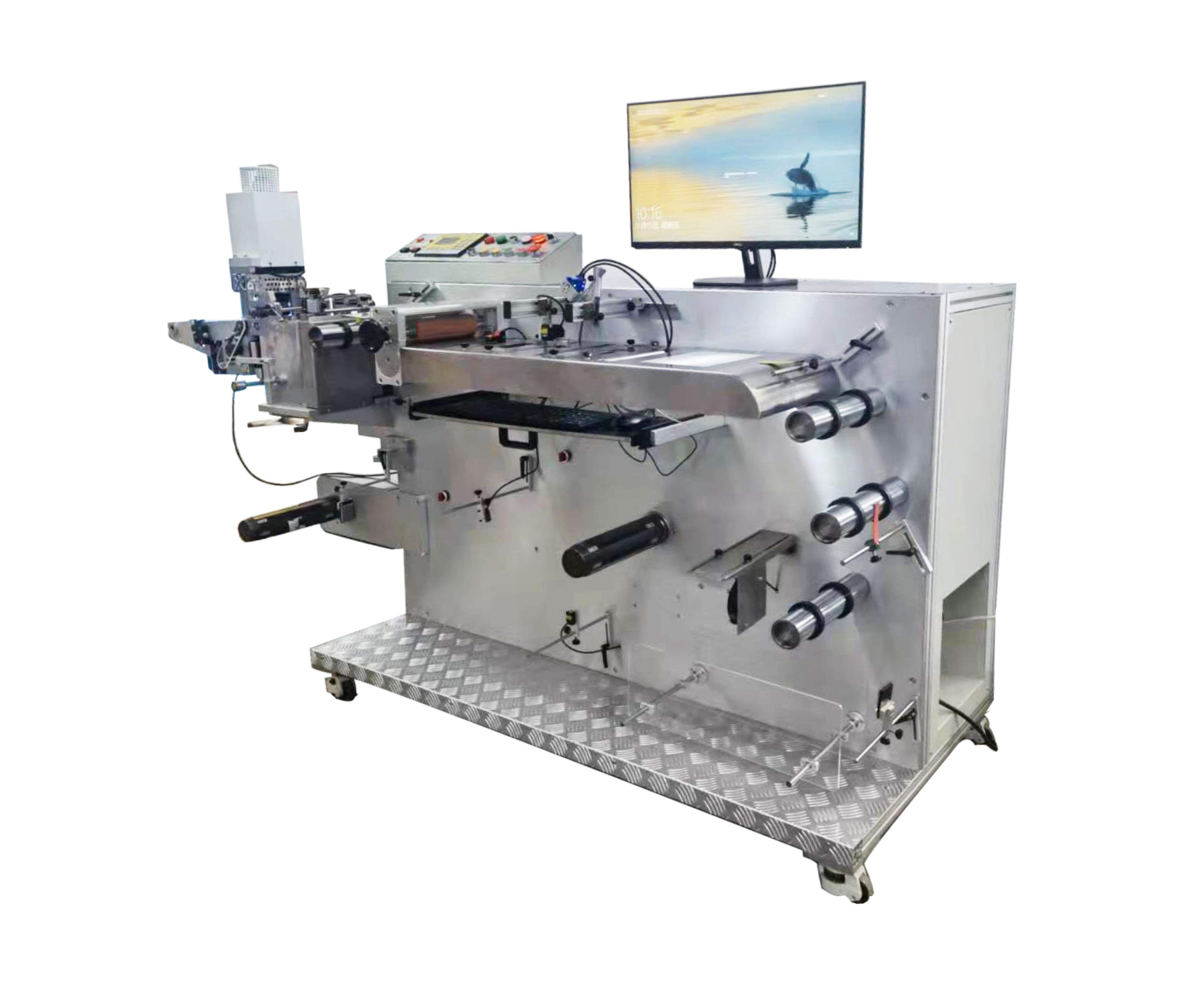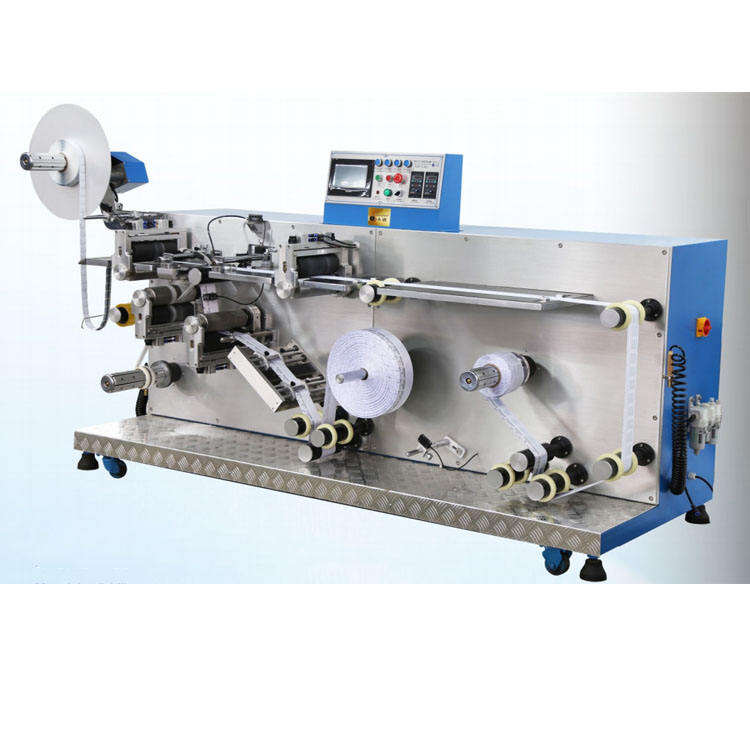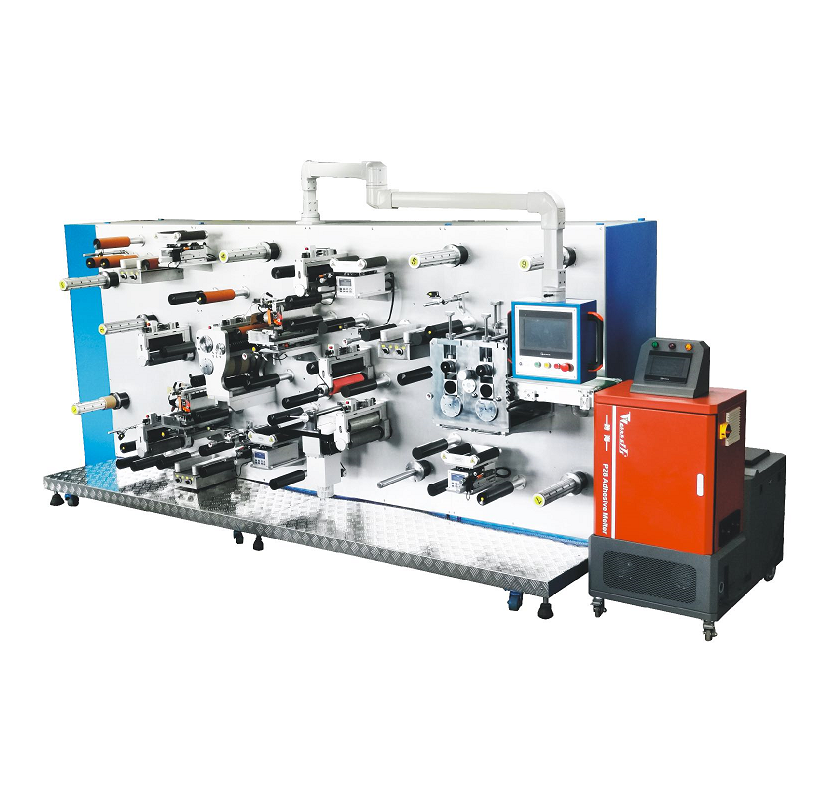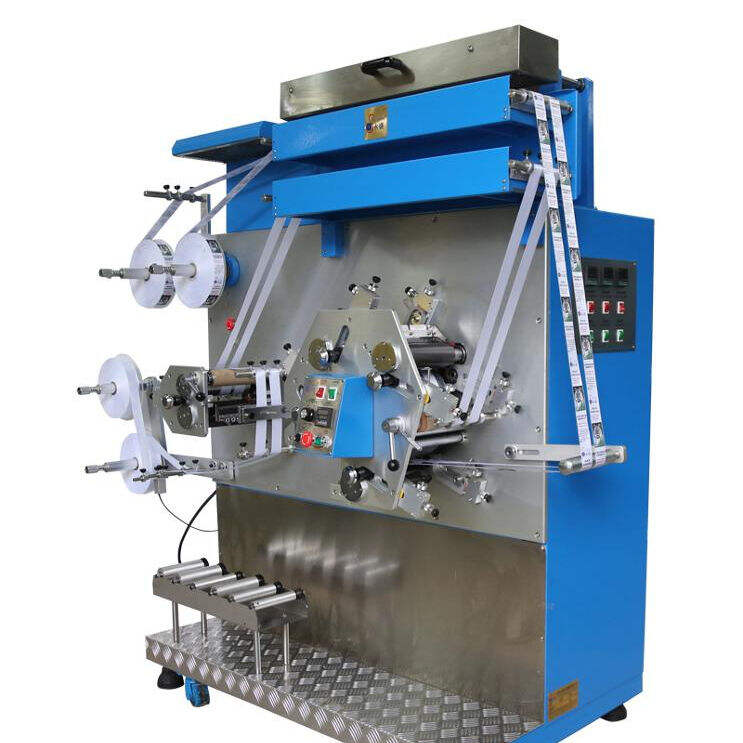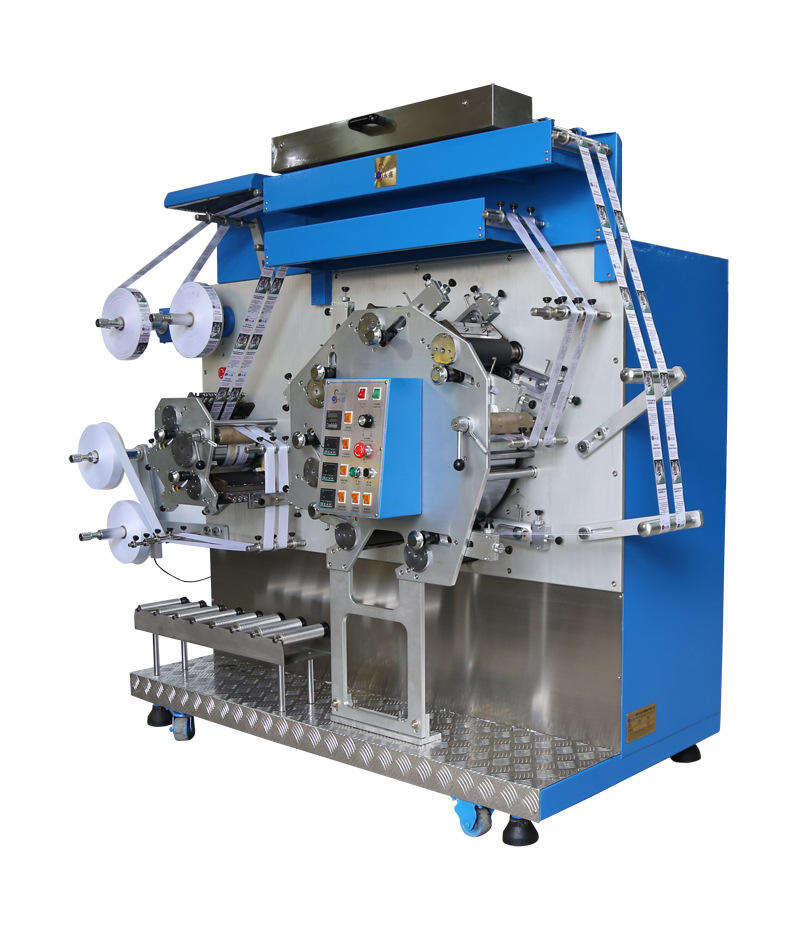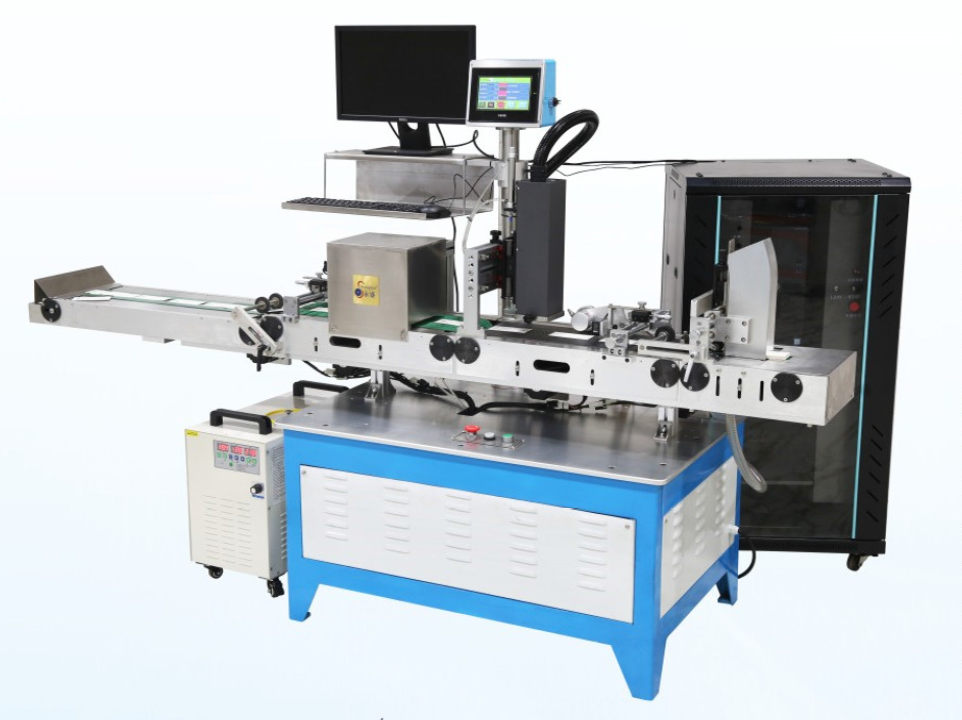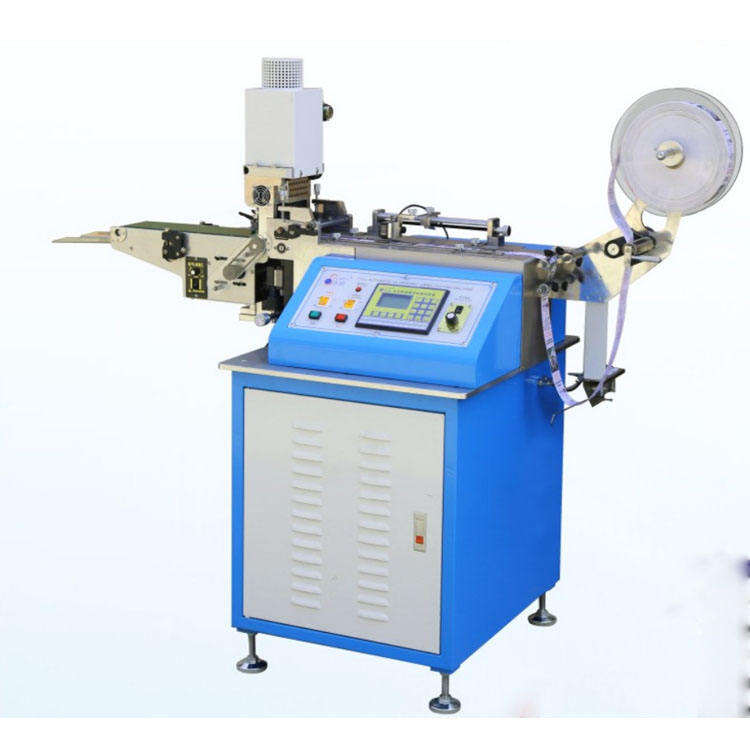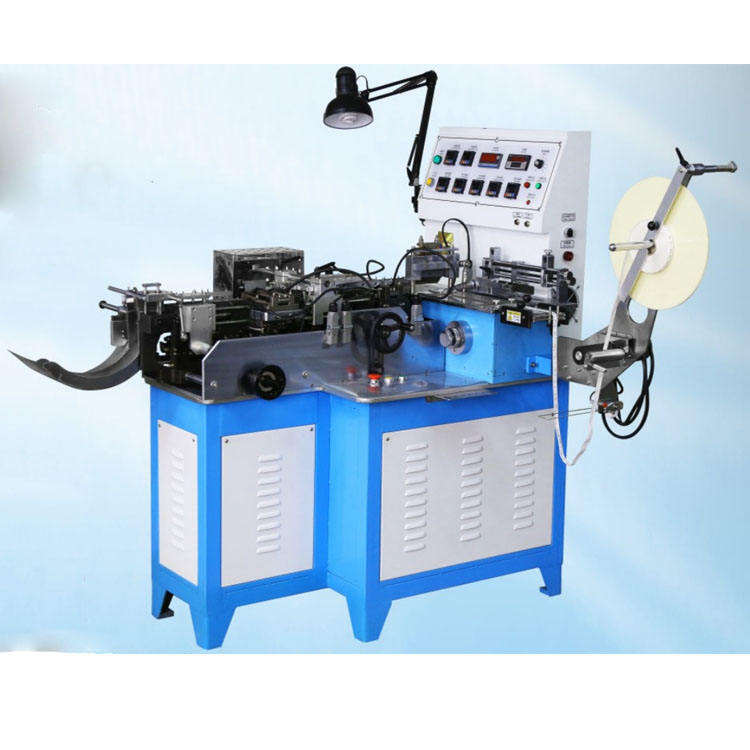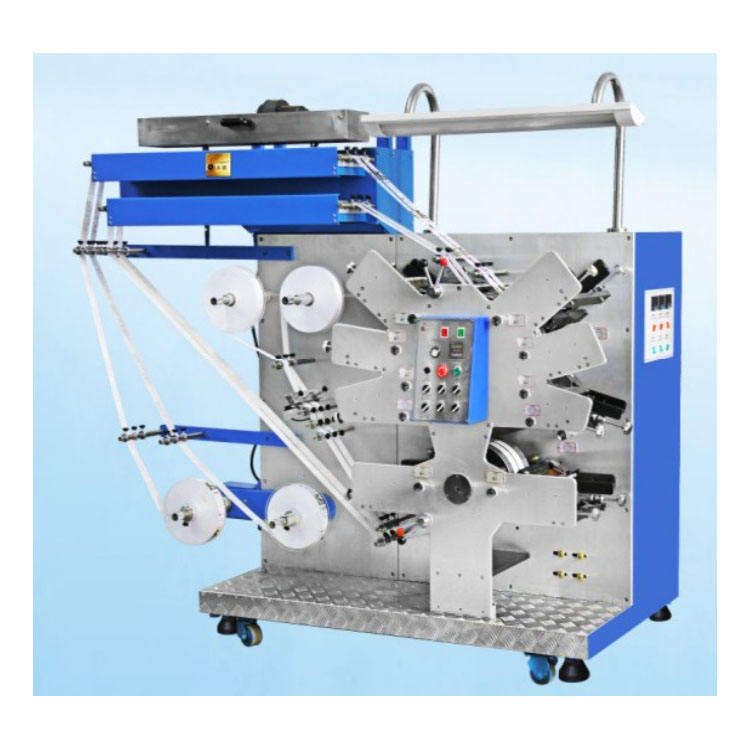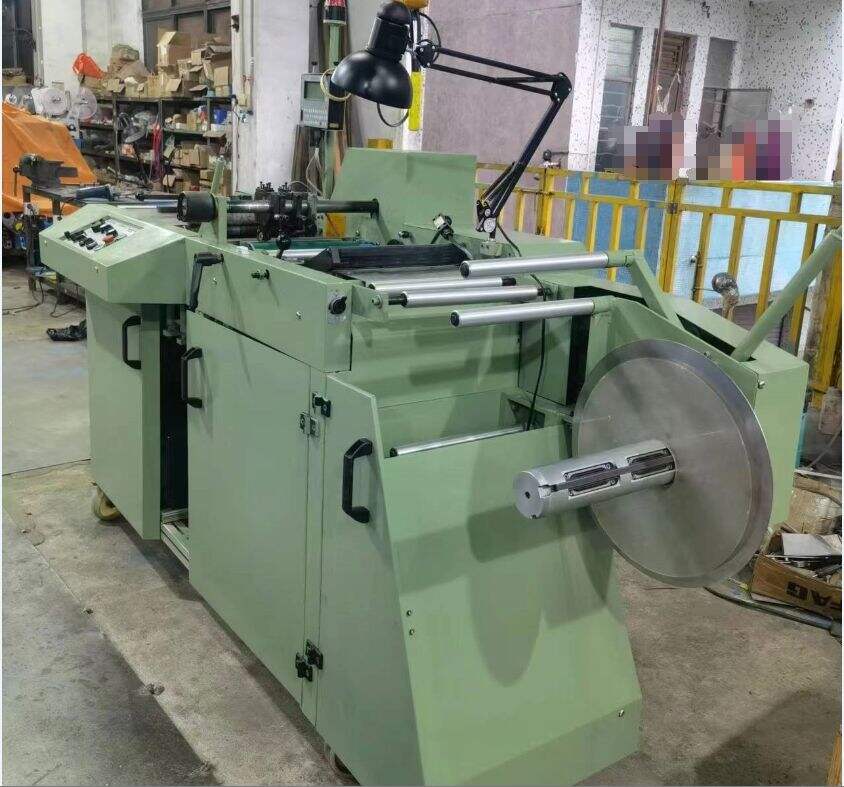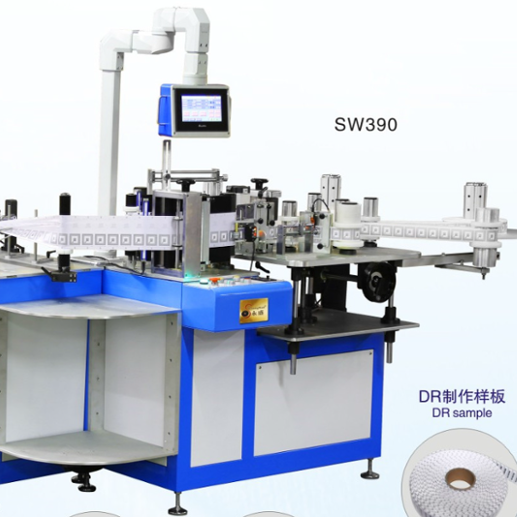Enhancing Supply Chain Transparency with RFID-Enabled Labeling Systems
How RFID-Enabled Labeling Systems Revolutionize Supply Chains
Real-Time Inventory Tracking Capabilities
RFID technology is transforming inventory management by enabling real-time tracking through automatic scanning processes. This advancement significantly enhances visibility and reduces errors within supply chains. The automatic tracking offered by RFID systems allows businesses to monitor product movement seamlessly, from manufacturing to distribution centers, ensuring products are accurately accounted for at every step. Studies have shown that companies utilizing RFID technology for inventory management experience stock accuracy improvements of up to 99%. This level of precision in inventory tracking supports better decision-making and minimizes the risk of surplus stock, helping businesses maintain optimal inventory levels. Furthermore, integrating RFID systems with other technologies such as Enterprise Resource Planning (ERP) systems can further streamline operations, ensuring a smooth data flow throughout the supply chain.
Enhanced Data Accuracy Through Automated Encoding
Automated encoding through RFID systems significantly elevates data accuracy. By automating data collection, RFID systems reduce manual data entry, thereby minimizing human error in inventory records. This technological advancement is particularly beneficial in maintaining high data accuracy, as it decreases instances of item misplacement and loss. A study highlighted a reduction of up to 30% in lost items when using RFID labels for tracking. These improvements ensure compliance with rigorous inventory management regulations, bolstering operational efficiency. The accurate and automated collection of data enables companies to adhere to industry standards while optimizing their supply chains, leading to enhanced efficiency in operations and a robust inventory management system.
Understanding the substantial benefits that RFID-enabled labeling systems bring to supply chains demonstrates their indispensable role in modern logistics. By improving real-time inventory tracking capabilities and enhancing data accuracy, RFID systems are revolutionizing how businesses operate and manage their logistics, offering unprecedented visibility and efficiency to supply chain stakeholders.
Core Components of Modern RFID Labeling Solutions
Integration with Wireless Labeling Systems
Integration between modern RFID labeling solutions and wireless labeling systems has been a game-changer in enhancing operational efficiency. By leveraging wireless technologies, RFID systems allow for easy access and management from virtually any location, drastically improving operational flexibility. This adaptability means team members can make real-time updates and adjustments to labeling systems remotely, fostering enhanced collaboration and ensuring that everyone is on the same page, even from different sites. Moreover, this seamless integration often results in quicker implementation of labeling solutions, complete with advanced data exchange capabilities, which can significantly streamline processes and boost productivity.
Advanced Print-and-Apply Labeler Mechanisms
Incorporating advanced print-and-apply systems is pivotal for companies aiming to bolster their production line efficiency. These mechanisms amalgamate the processes of printing and application into a single streamlined operation, which not only enhances speed but also ensures high precision. A standout feature of these systems is their adaptability; they seamlessly adjust to varying product sizes and label specifications without the need for manual recalibration, which is particularly beneficial in high-stakes, high-volume environments that demand both scalability and precision. Thanks to automation, the label application process reduces labor costs and minimizes the risk of mislabeling, even during fast-paced production runs, ultimately supporting a more efficient supply chain.
Top RFID Labeling Machines for Industrial Applications
RFID Coding Machine: Precision Tag Programming
The RFID Coding Machine is a marvel in precision tag programming, ensuring each RFID tag is accurately encoded for optimal performance in industrial settings. The precision offered by these machines is critical, particularly in industries like pharmaceuticals where compliance and precise tracking are essential. Case studies have highlighted improvements in production efficiency when using specialized RFID coding machines because of their ability to reduce rework rates. The accuracy they provide is not just a luxury but a necessity for maintaining stringent industry standards like those found in pharmaceuticals and other high-stakes sectors.
Automatic RFID Printing Label Machine: High-Speed Production
Automatic RFID printing label machines redefine high-speed production, offering a leap in efficiency over manual methods—a necessity in high-volume production environments. These machines can enhance throughput significantly; research indicates manufacturers can increase throughput by 50% by deploying automatic RFID printing solutions. This capability is crucial for industrial settings where maintaining speed and accuracy without human error is paramount. Handling large batches without compromising accuracy is their forte, making them indispensable for large-scale manufacturers who need reliable, fast-paced production capabilities.
RFID Labeling Machine: Seamless Product Tagging
RFID labeling machines ensure seamless tagging of products, vital for businesses to maintain a continuous workflow without bottleneck interruptions. These machines offer easy integration into existing production lines, which means companies can enhance operational efficiency without significant downtime or process overhauls. Utilizing RFID labeling machines can drastically decrease mislabeling incidents by over 40%, which enhances inventory accuracy and ensures products are tagged correctly, improving both the logistical flow and accuracy of inventory systems. This ensures a smooth, unbroken chain of process integrity that is essential for maintaining competitive advantage in effective supply chain management.
Selecting Reliable Labeling Machine Providers
Key Specifications for Pharmaceutical Compliance
When selecting labeling machine providers, ensuring pharmaceutical compliance is paramount. Compliance with industry specifications often involves adhering to stringent labeling requirements set by regulatory bodies to ensure traceability and accuracy. These regulations are crucial in the pharmaceutical sector, where proper labeling can mean the difference between safety and harm. By choosing providers who understand these regulatory requirements, companies can mitigate compliance risks, reduce errors, and ensure smoother audits. This alignment not only safeguards patient safety but also streamlines operational processes.
Scalability for Multi-Site Operations
Scalability is a critical factor when selecting labeling solutions, especially for businesses operating across multiple sites. Reliable providers should offer scalable and customizable solutions that can evolve with changing business needs. This adaptability ensures consistent application of labeling standards whether in small or large scale operations. It’s important to evaluate a provider's ability to support growth and adjust to diverse operational demands. This flexibility is vital for maintaining efficiency and can significantly influence the strength and longevity of partnerships with labeling machine providers. By understanding and leveraging scalable solutions, businesses can enhance operational efficiencies across all locations.
Future Trends in Intelligent Labeling Technology
Blockchain Integration for End-to-End Traceability
The integration of blockchain technology in labeling processes is set to revolutionize supply chain management by ensuring transparent and immutable records. Blockchain allows stakeholders to verify product authenticity and trace the entire journey through the supply chain, addressing critical issues in industries prone to counterfeiting. As future projections indicate, blockchain-enabled labeling enhances supply chain efficiency by enabling proactive risk mitigation strategies, ultimately leading to improved trust and reduced fraud.
AI-Powered Predictive Maintenance Systems
AI technologies are stepping into the realm of labeling machinery by analyzing data patterns to predict maintenance needs. These systems reduce downtime and extend the operational lifespan of machines, bringing substantial cost savings and ensuring consistent production. Implementing AI-driven predictive maintenance allows businesses to prevent unexpected failures and maintain a seamless workflow. According to research, such businesses see productivity increases of 20% or more, showcasing the benefits of adopting AI solutions for machine efficiency.
Recommended Products
Hot News
-
Reflect On The Cultural Significance Of The Printing Press In Preserving And Disseminating Knowledge
2023-12-08
-
The Role Of The Printing Press In The Global Economy
2023-12-08
-
Environmental Impact: Analyzing The Environmental Footprint Of The Printing Industry
2023-12-08
-
The Frontier Of Printing: 3d Printing And Its Industrial Renaissance
2023-12-08
-
The Evolution And Impact Of The Printing Press
2023-12-08
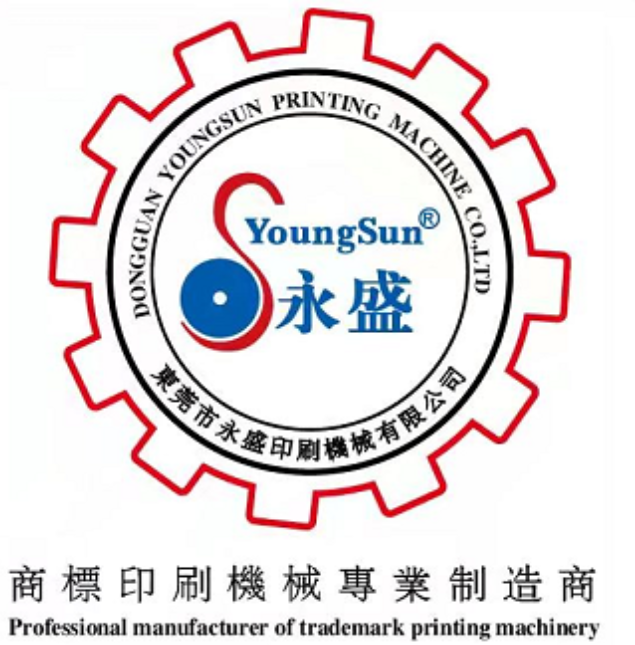
 EN
EN
 AR
AR
 CS
CS
 DA
DA
 NL
NL
 FI
FI
 FR
FR
 DE
DE
 EL
EL
 HI
HI
 IT
IT
 JA
JA
 KO
KO
 PL
PL
 PT
PT
 RO
RO
 RU
RU
 ES
ES
 SV
SV
 IW
IW
 ID
ID
 VI
VI
 SQ
SQ
 HU
HU
 MT
MT
 TH
TH
 TR
TR
 AF
AF
 GA
GA
 BN
BN
 BS
BS
 LO
LO
 LA
LA
 MI
MI
 MN
MN
 NE
NE
 MY
MY
 KK
KK
 UZ
UZ
 KY
KY
